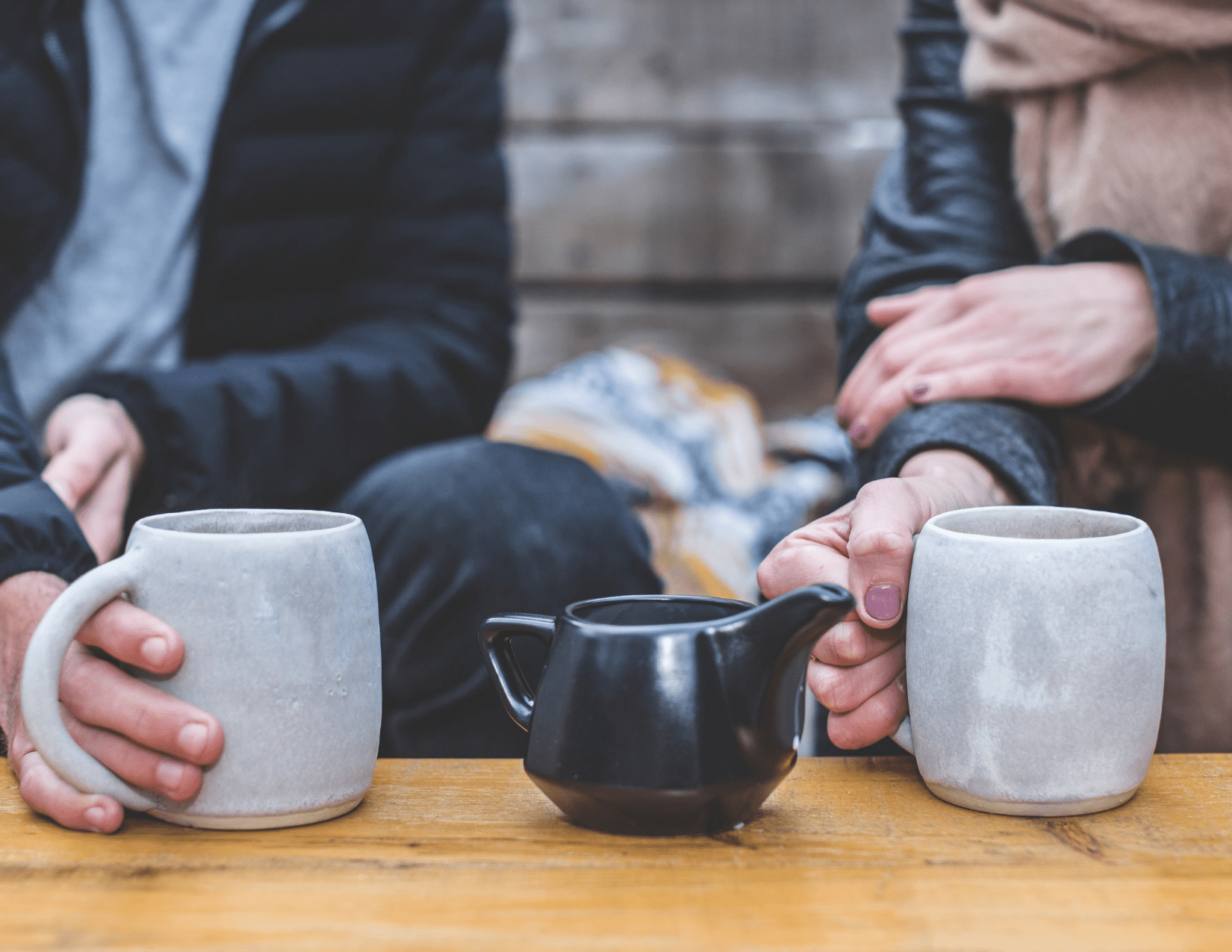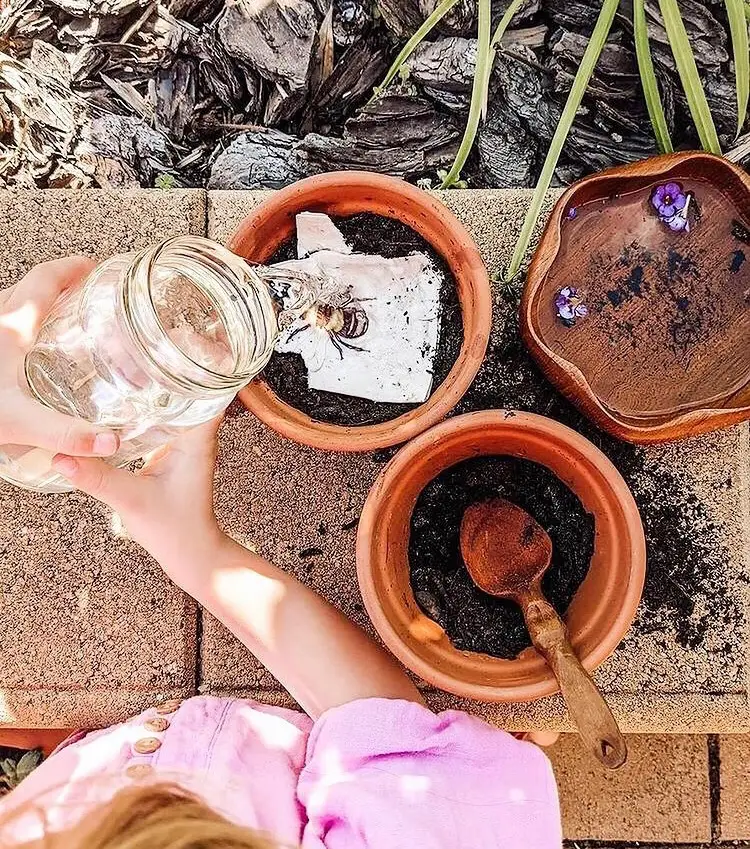queensland social enterprise
building community and connection through purposeful gifting
More than just a business or orgaisation; it’s a social enterprise with a heartfelt mission. As a social enterprise, our focus extends beyond profit-making to prioritise social and environmental goals, ensuring that every action we take contributes to a better, more compassionate world
why we exist
Miscarriage impacts up to 1 in 4 pregnancies, affecting over 100,000 women and parents annually in Australia. Many feel healthcare providers should offer more proactive care following a miscarriage.
Sweet Peanuts was founded from the need to fill the support gap starting with healthcare providers who initially speak to women experiencing miscarriage symptoms. Through this channel, we donate care packages to be passed on to those in need. Research indicates that offering support, regardless of acceptance, may alleviate some of the pain and distress experienced.
In addition to healthcare support, we aim to empower friends and family to engage in compassionate conversations and provide support. We provide a guide with suggestions on how to have these conversations and take actionable steps.

what makes us a social enterprise
Sweet Peanuts began with a noble purpose: donating care packages to those in need. Recognising the complexity of registering as a charity, we opted for a Service Subsidisation model. By selling care packages and related items, we fund donations while driving social change.
Our mission extends beyond providing support; we aim to address key social development goals. This includes promoting well-being, sustainable consumption patterns, and combating climate change. We support economic growth by sourcing from local Australian businesses and prioritise sustainability in our operations.




our theory of change
If bereaved parents are supported and cared for by friends and family in meaningful ways, this will likely reduce the feelings of isolation and depression following the traumatic experience of miscarriage.
Our Process
Sweet Peanuts aims to change the social perception of miscarriage and how parents can be supported by friends, family, and medical professionals. Many studies show the need for improved support following a miscarriage, particularly from healthcare professionals. We also aim to connect the grieving family with counselling and bereavement support that is specific to miscarriage and pregnancy loss as very few women and parents actively seek support for themselves.
Evans, L., Lloyd, D., Considine, R. and Hancock, L. 2002. Contrasting views of staff and patients regarding psychosocial care for Australian women who miscarry: A hospital based study. Australian and New Zealand Journal of Obstetrics and Gynaecology, 42(2): 155–160.
Fundamental Models; Service Subsidization Model. Retrieved from [http://www.4lenses.org/setypology/fundamental_models]
Garel, M., Blondel, B., Lelong, N., Papin, C., Bonenfant, S. and Kaminski, M. 1994. Long‐term consequences of miscarriage: The depressive disorders and the following pregnancy. Journal of Reproductive and Infant Psychology, 12: 233–240. [Taylor & Francis Online]
Herbert D, Lucke J, Dobson A (2009) Pregnancy losses in young Australian women: findings from the Australian longitudinal study on women’s health. Women’s Health Issues 19, 21–29.
The Royal Australian and New Zealand College of Obstetricians and Gynaecologists (RANZCOG) (2019). Pregnancy loss. RANZCOG, Melbourne, Vic., Australia.
Tunaley, J.R., Slade, P. and Duncan, S.B. 1993. Cognitive processes in psychological adaptation to miscarriage: A preliminary report. Psychology and Health, 8: 369–381. [Taylor & Francis Online]
United Nations . (2015c). Transforming our world: The 2030 agenda for sustainable development. Retrieved from https://sustainabledevelopment.un.org/content/documents/21252030%20Agenda%20for%20Sustainable%20Development%20web.pdf.
Yu, A. Y. et al. (2022) Health care support following miscarriage in Australia: A qualitative study. How can we do better? Australian journal of primary health. [Online] 28 (2), 172–178.


